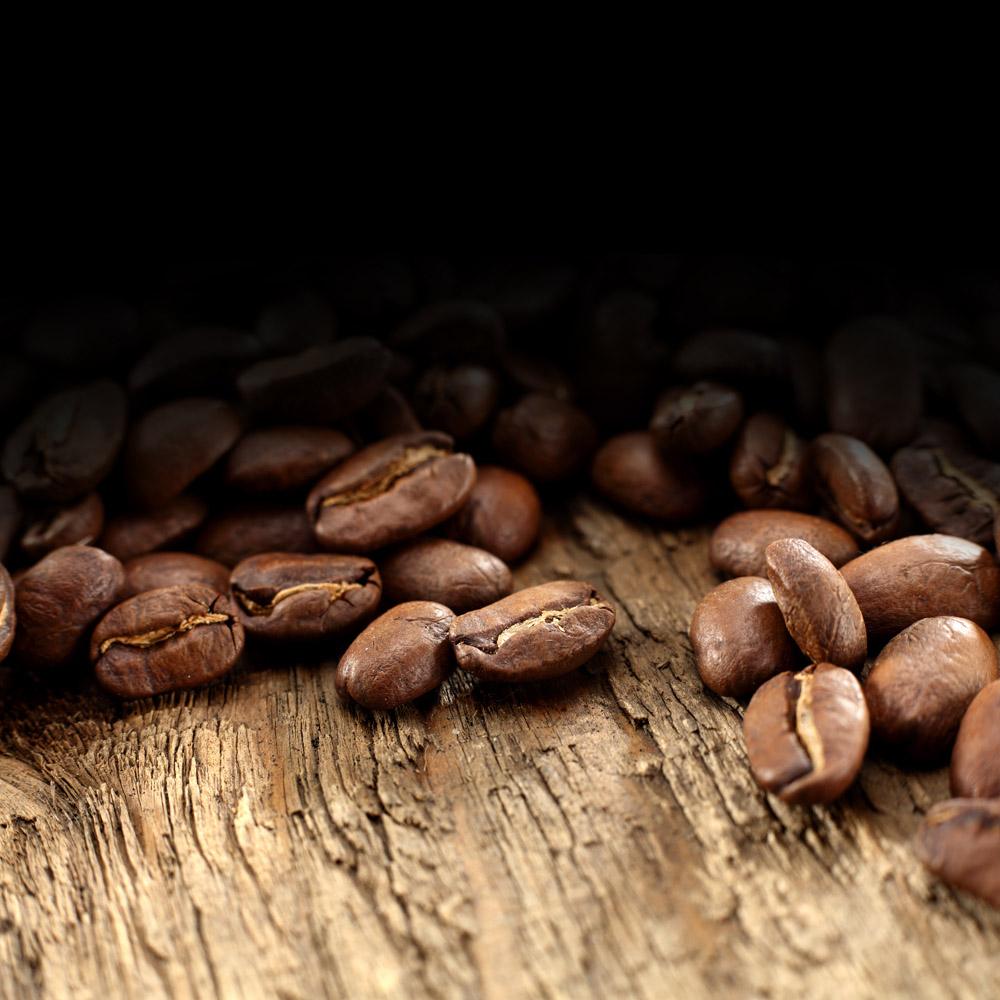Coffee growing areas in Kenya, coffee culture in Kenya
Follow the caf é (Wechat official account vdailycom) and found that Beautiful Cafe opened a small shop of its own.
Kenya's coffee-growing areas are distributed around the capital Nairobi and in the northeast, extending to the areas of Nyeri, Meru and Embu on Mount Kenya.

With Nairobi as the center, we went on a five-day farm trip to different farms and estates in Thika, Kiambu and Nyeri, unveiling the mystery of Kenyan "black gold". We have to admit that Kenya's coffee growing conditions are unique, but the diligence and professionalism of Kenyan coffee farmers make us more willing to pay for its expensive Kenyan coffee. If you have ever come into contact with the export of Kenyan coffee, you will be amazed by its professional and massive cup test! The 72-hour washing process and careful packaging also made us feel a lot of emotion. In a country known as the "origin of mankind", Kenyans interpret amazing coffee in their own way.
Kenyan coffee culture coffee industry insiders all think that Kenyan coffee is one of its favorite products, because Kenyan coffee contains every feeling we want from a good cup of coffee. It has a wonderful and satisfying aroma, well-balanced acidity, well-balanced particles and excellent fruit taste, rich and perfect taste.
Coffee entered Kenya in the 19th century, when Ethiopian coffee drinks were imported into Kenya from southern Yemen. But it was not until the early 20th century that the bourbon was introduced by the St. Austen Mission.
Kenyan coffee is mostly grown at an altitude of 1500 mi 2100 meters and is harvested twice a year. Kenyan industrious people love coffee as much as lovers in love.
Accounting for 55% of Kenya's total coffee production (40% of the number of estates) is run by numerous small operators. Seeing that coffee is absolutely profitable, these small operators continue to increase the need for agronomy and the development of high-quality coffee tree species, thus greatly promoting the development of coffee in Kenya.
Important Notice :
前街咖啡 FrontStreet Coffee has moved to new addredd:
FrontStreet Coffee Address: 315,Donghua East Road,GuangZhou
Tel:020 38364473
- Prev

Rwanda Coffee Bean growing area, Rwanda Coffee introduction
Follow the caf é (Wechat official account vdailycom) and found that most of the Rwandan coffee opened in the beautiful cafe is washed. The water washing method will first wash and flotation the ripe coffee fruit, then remove the exocarp, pulp and part of the pectin layer, then send the coffee into the fermentation tank, remove the remaining pectin layer and then send it to the drying ground to dry.
- Next

Starbucks Rwanda Coffee Price, brief introduction of Rwanda Coffee
Follower Cafe (official Wechat account vdailycom) found that Fairview Cafe opened a small shop of its own Starbucks Rwanda Coffee at $24 per pound. Starbucks Rwanda Coffee is basically a type of coffee bean. The taste of Rwandan coffee is described as a grassy aroma with tropical climate characteristics. In addition to the sweetness of fruit, this coffee can also give people a refreshing taste.
Related
- Detailed explanation of Jadeite planting Land in Panamanian Jadeite Manor introduction to the grading system of Jadeite competitive bidding, Red bid, Green bid and Rose Summer
- Story of Coffee planting in Brenka region of Costa Rica Stonehenge Manor anaerobic heavy honey treatment of flavor mouth
- What's on the barrel of Blue Mountain Coffee beans?
- Can American coffee also pull flowers? How to use hot American style to pull out a good-looking pattern?
- Can you make a cold extract with coffee beans? What is the right proportion for cold-extracted coffee formula?
- Indonesian PWN Gold Mandrine Coffee Origin Features Flavor How to Chong? Mandolin coffee is American.
- A brief introduction to the flavor characteristics of Brazilian yellow bourbon coffee beans
- What is the effect of different water quality on the flavor of cold-extracted coffee? What kind of water is best for brewing coffee?
- Why do you think of Rose Summer whenever you mention Panamanian coffee?
- Introduction to the characteristics of authentic blue mountain coffee bean producing areas? What is the CIB Coffee Authority in Jamaica?

